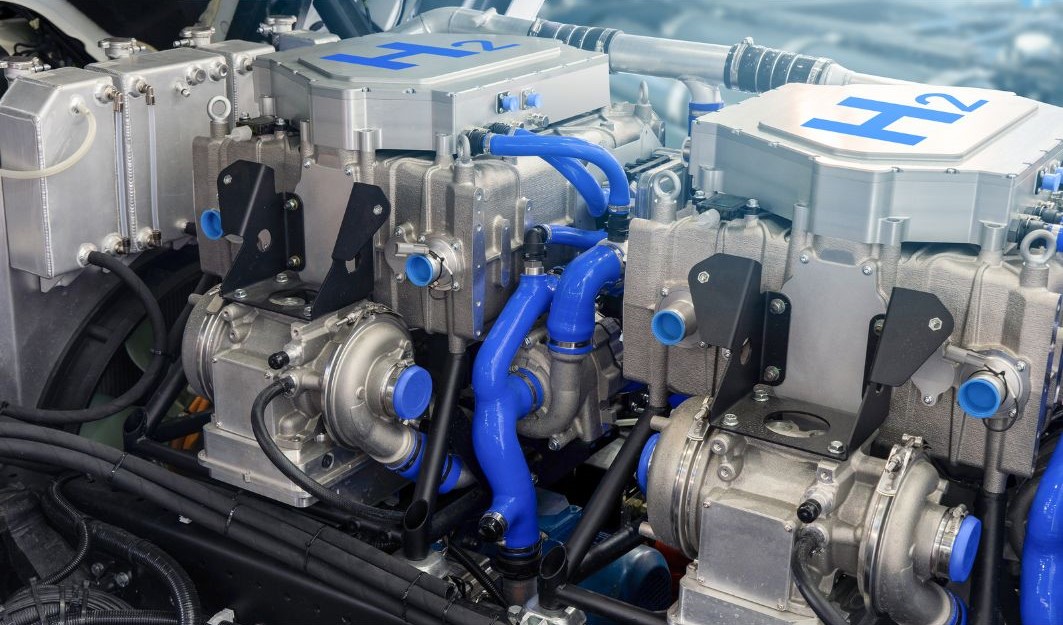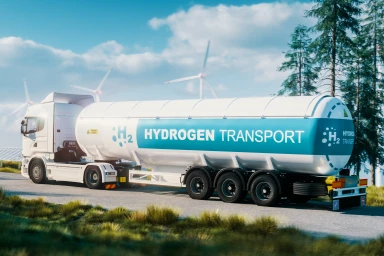Hydrogen powered aircraft to fly non-stop around the world

Swiss explorer and aviator Bertrand Piccard is to attempt an around-the-world, non-stop flight in a liquid hydrogen-fueled aircraft called Climate Impulse.
The record-breaking flight will follow the equator and is expected to happen in 2028, with pilots Bertrand Piccard and Raphaël Dinelli.
Piccard, who is 66-years old is well-known for becoming the first person to fly non-stop around the world in a balloon in 1999, and flying a solar-powered aircraft called Solar Impulse around the world in 2016.
Hydrogen plane construction
Construction of the Climate Impulse aircraft, which will use an electric propulsion system powered by fuel cells, recently started in France under the direction of Raphaël Dinelli, a composite engineer and navigator. The aircraft is expected to be finished in two years, after which engineers will carry out a two-year test program.

Airplane design
R&D and design for Climate Impulse started in 2021 with the help of aircraft OEMs Airbus and Daher, IT firm Capgemini and space launch company ArianeGroup.
Like Solar Impulse, Climate Impulse is designed to showcase technologies that could “revolutionize” aviation. Another similarity is that Climate Impulse’s main technological partner is Belgian chemicals and materials company Syensqo, formerly part of Solvay.
Challenges faced during the hydrogen airplane construction
Syensqo’s involvement will be key in solving challenges around the use of liquid hydrogen as a fuel for an estimated nine days of flight. Several aerospace companies, most notably Airbus, are attempting to solve problems around liquid hydrogen’s cryogenic temperatures and high pressures to develop zero-emissions aircraft with similar ranges to kerosene-fueled ones.
Only one company, Germany’s H2Fly has so far successfully flown a liquid hydrogen fuel cell aircraft.

High performance fuel cell materials
According to Syensqo, tailor-made materials, films and adhesives will be developed for Climate Impulse and used in the structure, fuselage, wings and hydrogen tanks to provide lightness, alongside mechanical and thermal properties.
High-performance materials for the Proton Exchange Membranes and binders for electrodes of the fuel cell will also provide high-power density and efficiency from the fuel cell and enable a more compact design of the plane.
“In this world full of eco-anxiety, we need to restore hope and stimulate action by demonstrating disruptive solutions that lead to sustainable progress,” said Piccard. “More than flying around the world with a hydrogen aeroplane, Climate Impulse will explore new ways of thinking and acting to promote a better quality of life.”






